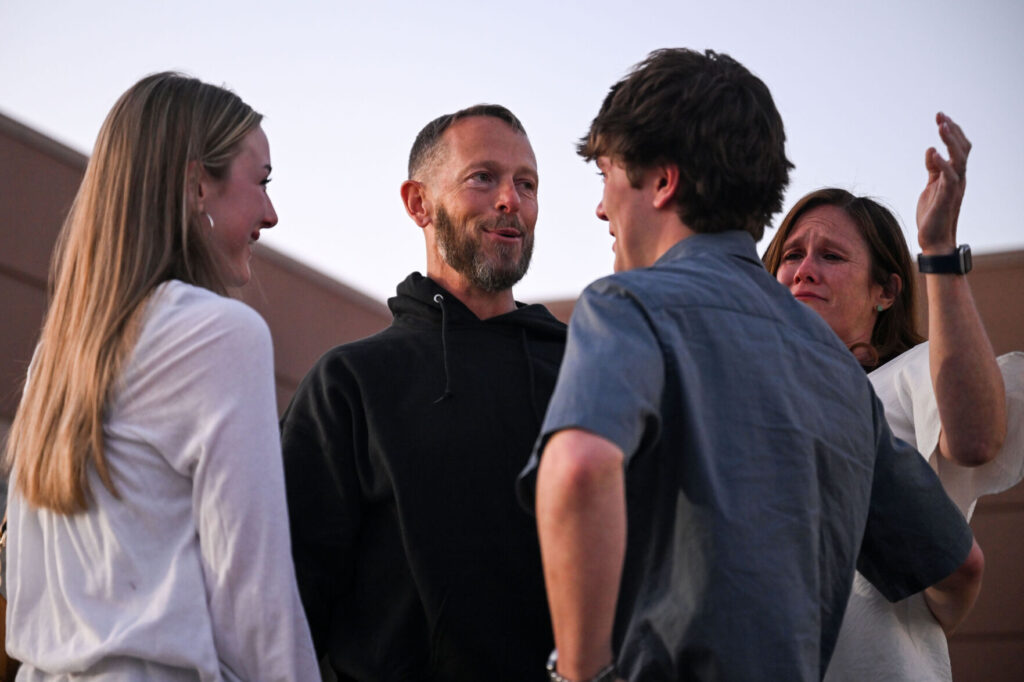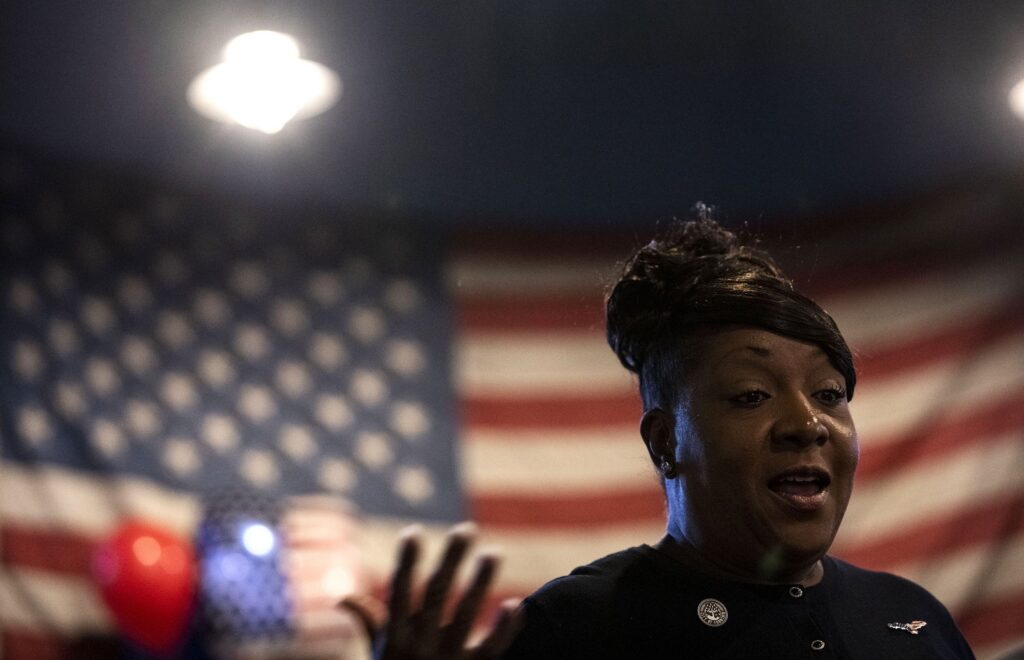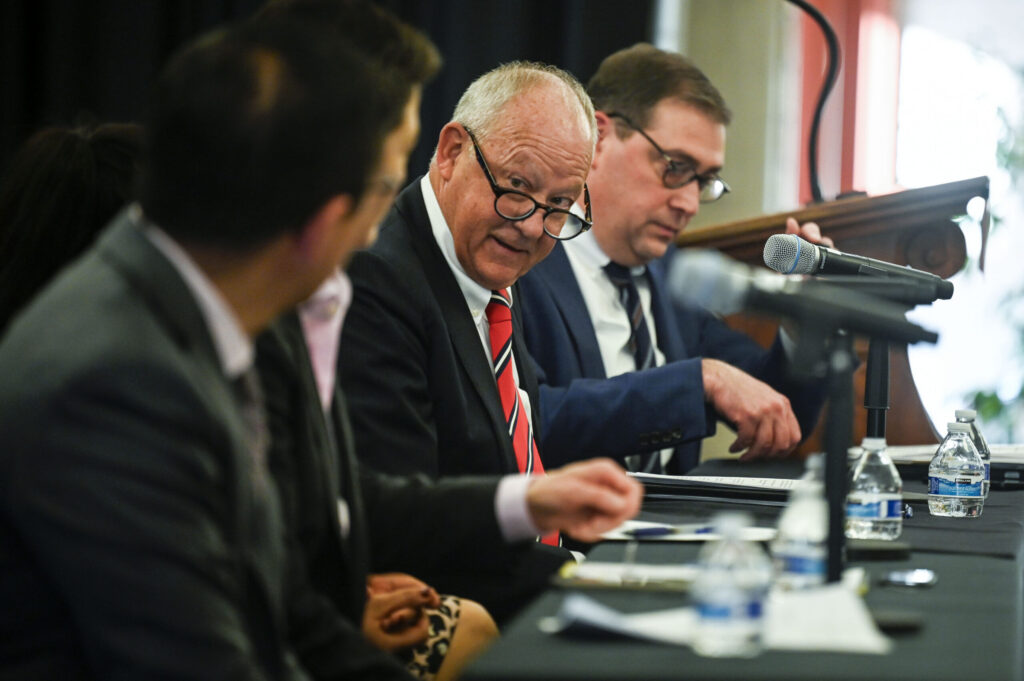Colorado Supreme Court takes up 2 cases implicating open meetings law
The Colorado Supreme Court announced this month it will hear two appeals affecting the ability of individuals and organizations to hold government bodies accountable for decisions made in violation of the state’s open meetings law, including a review of the judicially created notion that public entities can fix their violation at a subsequent meeting.
At least three of the court’s seven members must agree to take up a case on appeal.
The appeals implicate two main sources of guidance for public bodies. First is Colorado’s open meetings law, which lays out requirements for providing notice and discussing public business. The process affects any “proposed policy, position, resolution, rule, regulation, or formal action” taken by state or local entities covered by the law. Any citizen can seek to enforce the law against a suspected violator and receive attorney fees if they prevail.
The second directive comes from a 2012 decision of the Court of Appeals in Colorado Off–Highway Vehicle Coalition v. Colorado Board of Parks & Outdoor Recreation. There, the court admitted the open meetings law did not explicitly address whether governments could “cure” violations by holding a subsequent meeting and re-approving the faulty decision in a way that complied with the law.
However, the court concluded that because the open meetings law addresses the process for decision-making, not the ultimate outcome, a cure is acceptable so long as it does not simply “rubber stamp” the original decision. The ruling also suggested a plaintiff cannot collect attorney fees after the government body cures its violation.
The two appeals the Supreme Court has accepted, both decided on the same day in December, question whether the Court of Appeals’ recognition of a cure — and its effect on attorney fees — undermines the original goals of the open meetings law.

The Ralph L. Carr Colorado Judicial Center in downtown Denver houses the state Supreme Court and Court of Appeals.
The redo
On Jan. 26, 2022, the board for the Woodland Park School District held a special meeting. One of the agenda items was labeled “BOARD HOUSEKEEPING.” One board member warned he did not know what the label meant, so the public would not know either. The board ultimately used the housekeeping item to approve a memorandum of understanding with Merit Academy, a school seeking to be chartered in the district.
At its next meeting on Feb. 9, the board re-listed the Merit Academy memorandum of understanding as its own item, intending to redo the vote for the sake of transparency. The board again approved the document, but with no discussion.
Erin O’Connell, a parent of three children in the school district, filed suit against the board alleging a violation of the open meetings law. After a hearing in April, then-District Court Judge Scott Sells found O’Connell had likely demonstrated a violation of the law, with the board making a “conscious decision to hide a controversial issue,” only to “rubber stamp” the original decision weeks later.
However, Sells ultimately reversed course. In late 2022, he concluded a third meeting the board held on April 13, once again to vote on the memorandum of understanding, had successfully cured the original violation.
O’Connell appealed, but a three-judge panel of the Court of Appeals followed the decade-old decision in Colorado Off–Highway Vehicle Coalition to determine the board was allowed to cure its open meetings violation. Retired Supreme Court Justice Alex J. Martinez, sitting on the panel at the chief justice’s assignment, wrote that the work of government bodies would be stymied if they could never redo a decision after violating the law.
“If anything, it would be more cumbersome to try and flout the statute’s requirements since any action would eventually have to be ratified at a subsequent complying meeting, and those members might have to explain why they decided to make their decision outside of the public purview,” he wrote on Dec. 7.

The Woodland Park School Board rescinded its order prohibiting Logan Ruths, a resident of Woodland Park and vocal critic of the school district’s leadership, from attending board meetings.
O’Connell turned to the Supreme Court to challenge the notion that a cure was even possible under the open meetings law, and she also disputed the Court of Appeals’ reliance on the school board’s cure to deny her attorney fees. She argued her lawsuit was not intended to stop the school board from ever voting on the topic — but that members should vote in a legal manner.
Upholding the Court of Appeals’ decision, wrote the League of Women Voters of Colorado and other groups in support of O’Connell, “would allow public bodies to moot any litigation at the last minute by holding a meeting in compliance with the (open meetings law), months, maybe years, after their initial violation had occurred, thus evading accountability for their violations and leaving the citizens who stand up for open government with the often quite considerable costs of litigation.”
The Supreme Court agreed to review the issues O’Connell presented.
The case is O’Connell v. Woodland Park School District et al.
The closed-door session
After Aurora Council Member Danielle Jurinsky called the city’s police chief “trash” on a radio talk show, then-Council Member Juan Marcano moved to censure her. On March 14, 2022, the council held a closed-door executive session to discuss the advertised topic of “legal advice.” Four days later, a reporter for The Sentinel asked for the recording of the discussion about Jurinsky’s censure, only to be denied.
The next week, the council held another meeting that included an item about the censure with a statement explaining that during the executive session, the council “directed and instructed special legal counsel to end the investigation” and to dismiss the charges against Jurinsky.

Aurora City Council member Danielle Jurinsky looks on during an Aurora City Council meeting on Monday, Dec. 4, 2023, at the Aurora Municipal Center in Aurora, Colo. (Timothy Hurst/Denver Gazette)
The Sentinel filed suit, leading District Court Judge Elizabeth Beebe Volz to review the documentation and learn the council had taken a roll call vote about how its legal counsel should proceed.
“While this action might very well fall into the category of legal advice,” she wrote, “the Court is still faced with the fact that the announcement of the Executive Session does not appear to comply with the requirements of the applicable statutes.”
However, Volz gave the city the opportunity to argue that attorney-client privilege shielded the recording from disclosure. After reconsidering her decision, Volz decided the council’s subsequent description of what took place at the March 14 executive session cured the original violation. She ended the case.
A panel of the Court of Appeals, again interpreting the Colorado Off–Highway Vehicle Coalition decision about curing open meetings violations, determined a cure only applies when plaintiffs seek to invalidate the public body’s action — not the disclosure of information, as The Sentinel sought.
The panel agreed disclosure of the recording was warranted notwithstanding attorney-client privilege. However, it denied The Sentinel’s request for attorney fees because the open meetings law only provides such an award to a “citizen.”
‘Citizen’ is commonly defined as ‘a native or naturalized person who owes allegiance to a government and is entitled to protection from it,'” wrote then-Judge David Furman on Dec. 7. “The Sentinel does not meet this definition.”

Colorado Court of Appeals Judge David Furman asks a question during oral arguments in the second of two Colorado Court of Appeals cases being held in the library of Conifer Senior High School as part of the Courts in the Community educational outreach program on Tuesday, May 16, 2023, in Conifer, Colo. (Timothy Hurst/Denver Gazette)
Both sides appealed to the Supreme Court. The Sentinel argued the panel’s limitation on attorney fees would make it prohibitive for entities to enforce the open meetings law. The city challenged the Court of Appeals’ conclusion that it waived its attorney-client privilege about the censure by releasing a summary of the closed-door discussion at its next meeting.
The Colorado Municipal League and Special District Association of Colorado wrote separately to argue local governments should be able to express a collective desire to their attorneys in private without it being an open meetings violation.
The Supreme Court will review both issues.
The case is The Sentinel Colorado v. Rodriguez.










